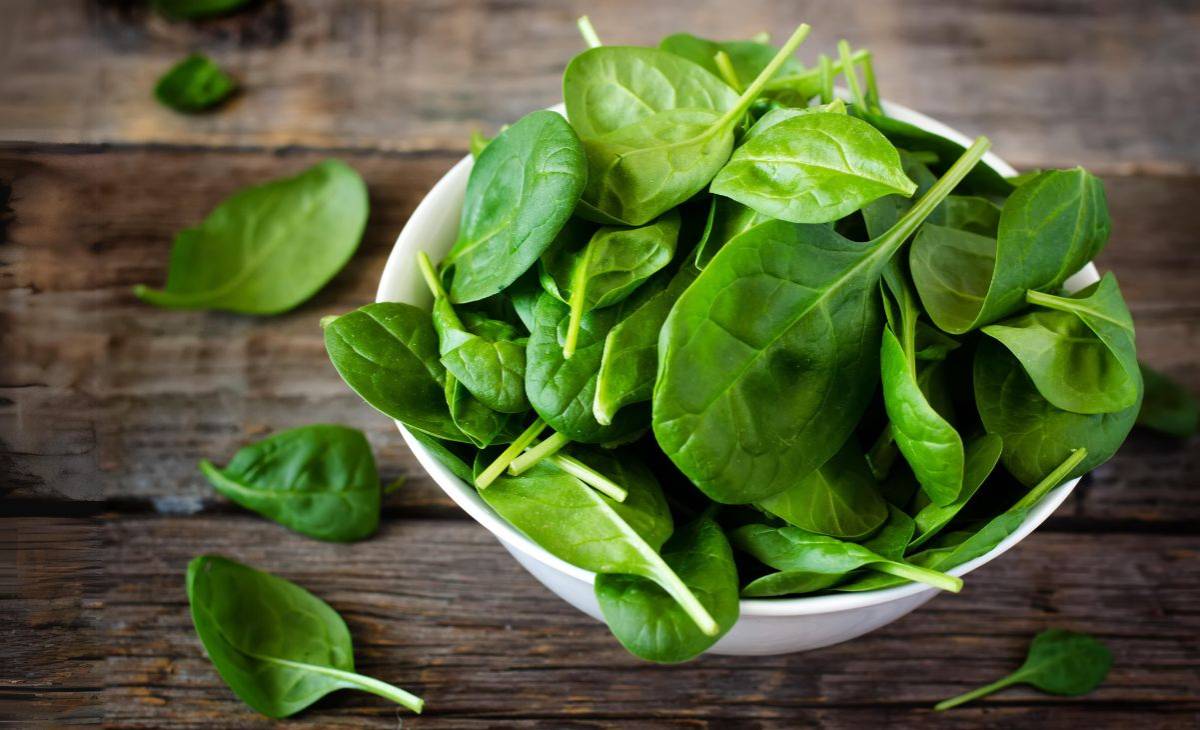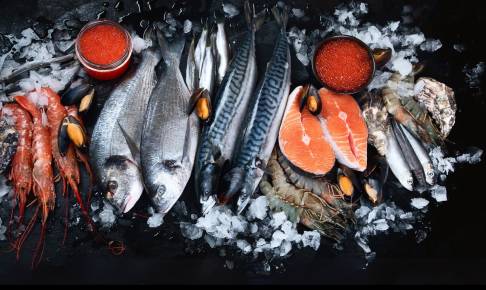Tropane alkaloid contamination in spinach, researchers give warning
Scientists from the Italian National Reference Laboratory for Plant Toxins in Food, Food Chemical Department, together with colleagues from the University of Bologna, have raised concerns about cases of tropane alkaloid contamination in spinach and spinach-based foods consumed in Italy in October 2022. Similar incidents have also been reported in other countries, like France, Greece, and Slovakia.
Tropane alkaloids are toxic compounds that can cause various symptoms, such as difficulty speaking and swallowing, tachycardia, dizziness, and hallucinations. Considering the potential health risks associated with such contamination, the researchers have underscored the urgency of regulatory measures and increased monitoring efforts to address the issue. This is especially pressing, considering that there are no maximum levels for tropane alkaloids in leafy vegetables in European legislation.
Chemical analysis of the contaminated spinach and spinach-based foods revealed the presence of atropine and scopolamine, both tropane alkaloids. The concentrations of these substances in the analyzed samples were high, exceeding the limits established for certain cereal-based foods and herbal infusions.
The contamination described in the study likely occurred due to cross-contamination with toxic plants from the Datura genus, although the specific weed responsible could not be identified.
The invasive nature of Datura plants poses a significant risk of contamination during the harvesting and processing of food crops. Furthermore, it is crucial to highlight the similarity between the leaves of Datura and those of some commonly consumed vegetables. This resemblance increases the likelihood of unintentional harvest and unknowing consumption of Datura plants. To mitigate this risk, researchers emphasize the importance of implementing Good Agricultural Practices (GAPs) and Good Manufacturing Practices (GMPs), including training programs for farmers, as well as measures for cleaning, sieving, storing, and transporting raw materials.
The study also evaluated the dietary exposure to tropane alkaloids in the Italian population. The results showed that exposure levels, especially for toddlers, far exceeded the acute reference dose of 0.016 μg/kg bw by 2–1200 times. This further emphasizes the need for protective measures to minimize exposure to tropane alkaloids, particularly for vulnerable population groups.
In conclusion, the cases of tropane alkaloid contamination in Italy raise concerns about consumer health and the need for enhanced monitoring and regulatory measures. It is crucial to address this issue to ensure the safety of leafy vegetables and protect consumers from potential health risks.
Source:






















